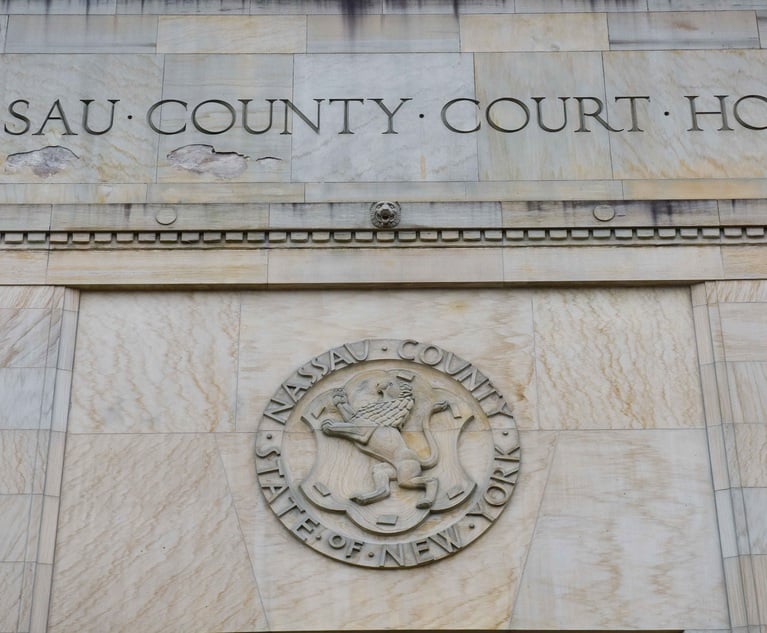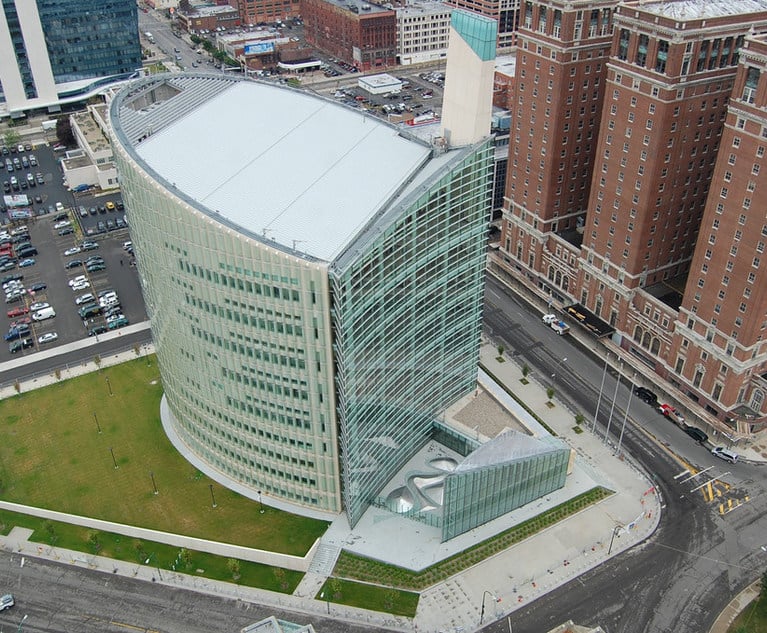Highlighting congressional power to force disclosure of information, the U.S. Supreme Court last month rejected a last-minute plea by a former Trump administration official to spare him from having to report to prison for refusing to provide documents and testimony to Congress about his participation in a scheme to obstruct certification of Joseph Biden as the winner of the 2020 election. Meanwhile, a House committee is pressing forward with an aggressive investigation into pro-Palestine advocacy, focusing on college campuses and extending to labor unions.
The current House investigation into controversial expressive activity harkens back to the McCarthy era of the 1950s, when the Supreme Court most notably addressed the conflict between the First Amendment and congressional investigative authority. That authority, as the recent criminal conviction and imprisonment of the Trump official demonstrates, is broad and comes with serious penalties. But as made clear by two Supreme Court decisions from the McCarthy era, that authority is not unbounded.


 Christopher Dunn
Christopher Dunn




